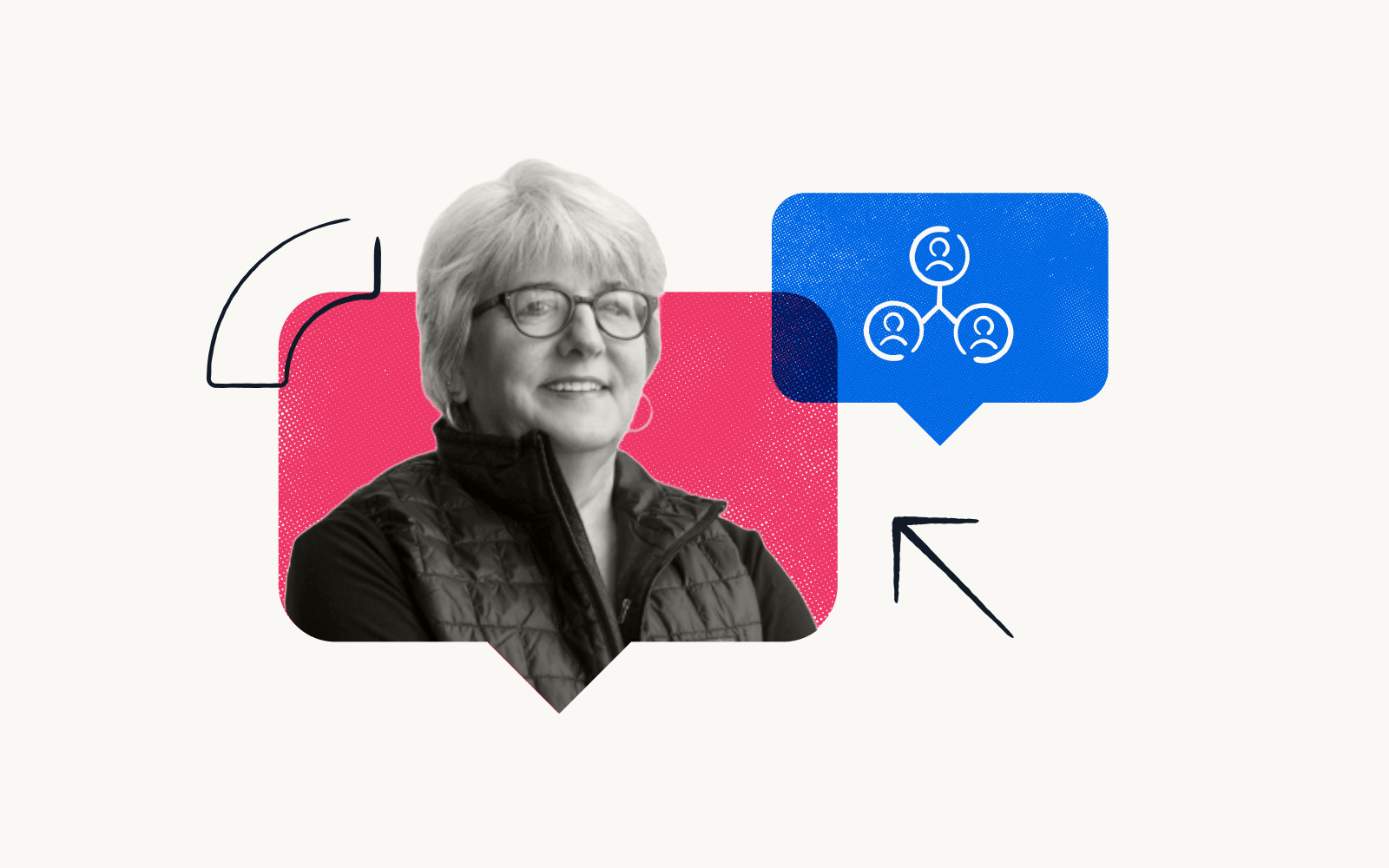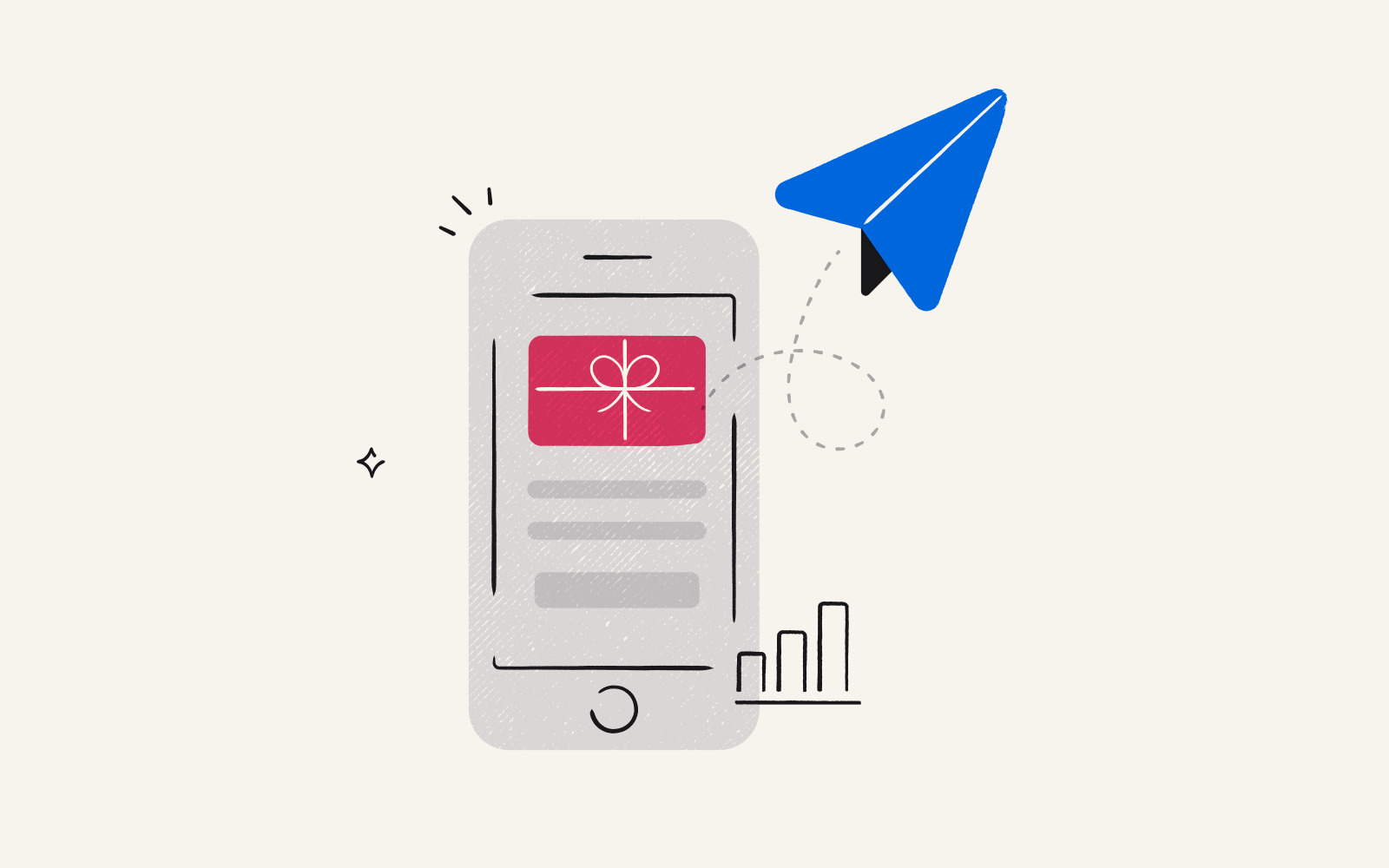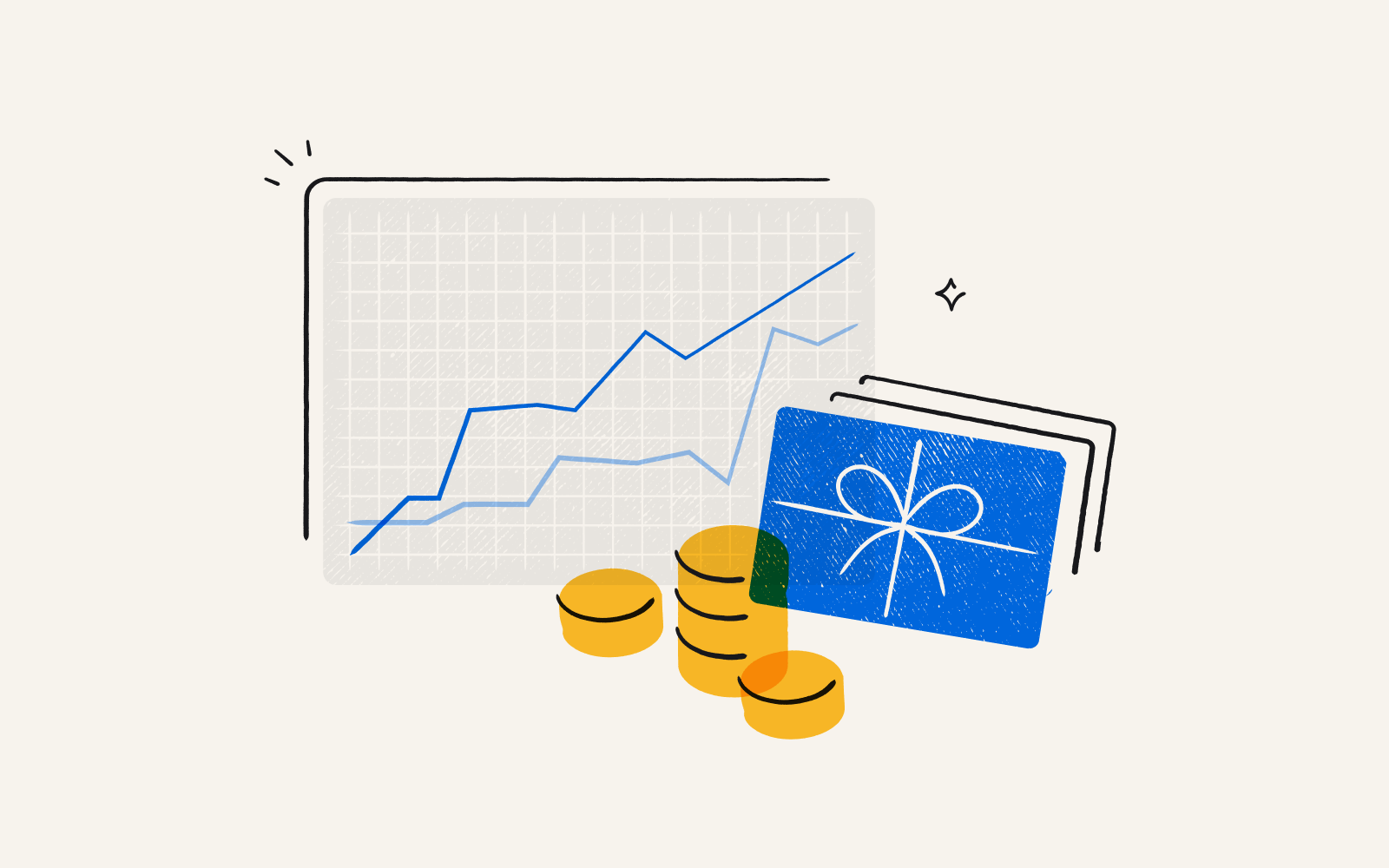Build and sustain a healthy professional network, with Karen Wickre
By Ian Floyd and Angie Peng|8 min read|Updated Sep 20, 2023

Networking is a nebulous skill, but it yields significant professional benefits when done right. Fostering a sizable, close-knit community can make it easier to land a new job, share learnings, or score lucrative partnerships for your current company.
Some view networking as opportunistic; a disingenuous ploy to advance your own self-interest under the guise of authentic connection.
“And the reason I think so many people have an aversion to the idea is that it seems too transactional, and sort of too naked in its intent,” said Karen Wickre, founder of KVOX media, author of “Taking the Work out of Networking,” and former Editorial Director at Twitter. “And therefore [people argue that networking can feel] kind of phony, like you're friendly with someone because you need to ask a favor.”
It doesn’t have to be this way. Karen says that true networking is more about having genuine interactions with the people you’ve already connected with.
“If you think about it as sort of connecting and cultivating your contacts over time so that you're keeping up with each other, no matter where you move or what's going on professionally or personally, then that's more of what I like to call a brain trust.”
Developing your professional network, in many ways, comes down to knowing how to be an attentive friend or a helpful collaborator.
If and when a situation arises where you or someone in your network needs something, the request won’t come out of the blue. You’ve built and maintained a solid relationship.
In this week’s episode of “What’s in it for them?,” we talk with Karen Wickre about:
Why building a professional network is so important
How to keep in touch with peers such that your network feels more community-oriented and less transactional
The value of gratitude
How small incentives can create more networking opportunities
Weak ties vs. strong ties
The following is an abridged version of our discussion.
Staying connected in tech
Angie Peng: Karen has helped some of the biggest brands in the world communicate. She was formerly at Google and Twitter and currently advises companies on communications, company culture, and change management. She's the author of Taking the Work Out of Networking, Your Guide to Making and Keeping Great Connections from Simon and Schuster.
I would love to hear more about how you came to write your book and your background. Your background seems fascinating. You've done a lot of different things. What led you to write this book? How did you get to the point where you were like, I'm going to talk about networking from a place of authority?
Karen Wickre: I have worked in Silicon Valley for many years – quite by accident, by the way. I fell into it about 30 years ago. But the thing about working in tech – working in Silicon Valley – is that the job market's very fluid. It always has been a lot of change, and I'm someone who likes to stay in touch with people.
And so I saw that I was moving around, other people were moving around, and I just stayed in touch. And it was sort of the norm. It is still sort of the norm in this business for people to stay in touch regardless of where they are now working.
In other words, ‘who knows someone who's over at Airbnb? I have a question about such and such’. That kind of thing is just very common. It's more that than sort of super competitiveness, I think. So all of that led me to have a large network of people.
And so when you have an agent, an agent gets you a deal with a publisher, which I did get with Simon and Schuster, and then you have deadlines. And so that is how the book came to be written was: here's the deadline.
And so I set about doing it, and it was a good exercise for me to be able to sort of codify things that for me are quite natural – have always been just sort of the way I approach staying in touch with people, meeting new people, but to sort of break down the little tasks. They are small, but it's a bunch of little incremental things that add up.
So I made that as my goal. ‘Let me see if I can explain this in a way that makes it easy for other people to do it, if they haven't already naturally thought this way.’
Ian Floyd: So, you mentioned there's a lot of little tasks. How would you actually define networking? What do you break those little tasks into?
And then what are the appropriate situations where you can call upon that network?
Karen Wickre: Well, the little tasks – there are two parts. One is being open to meeting new people. And if you work in tech, you're going to be doing that as a matter of course. If you work in any fast-moving business where new people are coming in all the time, you're going to do that.
And second is, then, maybe the harder part of the longer game, which is keeping in touch with people. And something I write about quite a bit in the book is how easy that is to do without taxing you, or requiring a lot of scheduling or many hours, because we have so many digital ways to stay in touch.
And so a lot of the tasks have to do with just acting on when somebody comes to mind – you had a dream that features one of your former coworkers, you ran across a new story that made you think of someone, and you just pass that along, right? You just send the note. You just reach out briefly without asking a favor or expecting anything, even a response.
Taking an organic approach to building a network
Ian Floyd: How organic is your process, right? Do you have a target list of people where you're like I want to follow up with these people or is it just like, ‘oh I haven't talked to this person in a while. I should reach out to them.’
Karen Wickre: For me it's very organic. And it really is sort of who comes to mind about what, or who have I been thinking of that I just haven't connected with in a while.
But I did – some people have asked me, “What's your CRM that you're using for this?” If that works, go for it. But I'm not that person. However, in past talks I spoke with a guy who had, I thought, a kind of interesting and fairly simple thing. He had a spreadsheet and his spreadsheet was basically, I think 10 or 15 people that he consciously wanted to stay in touch with.
And so he basically would just make a note – a primitive CRM of the last time they talked.
Ian Floyd: What are people's incentives for networking?
Karen Wickre: Honestly, to me, I wish there were a better word and I often use connecting instead of networking for this reason.
People tend to think of networking as very transactional, right? I have to find a job. I need advice about – I don't know, graduate school or something. And the reason I think so many people have an aversion to the idea is that it seems too transactional, and sort of too naked in its intent.
And therefore kind of phony, like you're friendly with someone because you need to ask a favor or whatever it is. If you think about it as sort of connecting and cultivating your contacts over time so that you're keeping up with each other, no matter where you move or what's going on professionally or personally, then that's more of what I like to call a brain trust.
These are people you call on when you need advice, and they're different people for different things at different times. But the more people you have to turn to, say, not just for job advice, but it could be for anything. But this is the other thing about making these connections, is that there are transactional moments, but for the most part, there's a lot of sort of paying it forward, kind of giving and getting back and forth. That is a good hygiene.
And I think it makes us feel good. We like to help and it's maybe harder to ask for help, but it feels okay and safer to people that you already know and have a little context with.
The value of gratitude
Angie Peng: In your book, you talk about networking as farming instead of hunting. Right. And I think if we were to apply that to a situation where maybe somebody who's earlier career, right, is asking for advice from somebody who is more of an expert or later career. It's almost like two way farming, right? It's, I can feel sometimes like you're asking for a favor, but you're actually adding to that person's network, right? Like you're cultivating that relationship.
One thing that you mentioned is if you're in that position where you're asking for help, it never hurts to send your gratitude and be very specific in the way that somebody has helped you. I'd love to hear more about your thoughts on how to say thank you, like how to express the thanks, even maybe as a link in that network.
Karen Wickre: Of course, in the moment, just saying thank you in the email or text or whatever is key. In addition, I mean there are times a lot of people will reach out to me on LinkedIn. And I've – usually, I’m quite open to if they're asking something specific that I can help with.
And so occasionally, then, someone will thank me and send me, most typically, a Starbucks gift card, and I find that interesting. I appreciate the thought of it. It's interesting that's become such a ubiquitous thing, I guess, because there have been so many Starbucks stores all over the place that it becomes sort of a, ‘here's an easy thing to get to use for a couple of lattes’, or something like that.
Ian Floyd: We've been doing a lot of research into, ‘what is the best incentive or reward for any type of behavior’. And something that we keep finding overwhelmingly is people want the gift of choice, right? They don't want to be boxed into, say, a Starbucks gift card, or any one thing. So it's interesting that you bring that up. Because people want to spend something that's meaningful to them, right? And it's hard to know that when you have those weak ties, which is a good point that you make, right?
Weak ties vs. Strong ties
Ian Floyd: Can you talk a little bit about weak ties versus strong ties in terms of relationships and how you should think about your network in that sense? And when you can call upon those weak ties versus strong ties and get into that a little bit.
Karen Wickre: Yeah. I'm happy to – I knew the phrase weak ties, but I, until I was writing the book, I didn't, I hadn't really looked into where that was from. And it turns out it was a well known Stanford study done in the sixties. I want to say maybe in the fifties – anyway, a sociologist wrote it up.
It's not a long study. I read this study and basically it had to do with people. Helping someone find a new job. It was several hundred people that they had talked to. And so they developed this idea of weak ties, meaning people you didn't know very well who were not in your friends and family circle.
And they tended to be people – probably, I'm guessing, mostly professional contacts that you just didn't know as well or as fully. They tended to help people – job seekers – much more successfully than friends and family. And so I think it's important. And this is part of the idea behind LinkedIn – this very thing.
And so I think it's been proven – well established now – that we shouldn't dismiss people that we don't know well.
Ian Floyd: Can you talk a little bit about some of those use cases that you can apply those weak tie relationships to? I mean, I see this – we work across sales and marketing teams, and I see that being very applicable to reaching out to people that you don't know that well.
What are the different use cases that you could possibly use this for?
Karen Wickre: Well, I mean, so there might be, ‘I'm interested in a company’, there might be, ‘I'm interested in a particular field,’ or, ‘who else has combined the kind of skills I have’, that kind of thing.
So, sort of job related, or professional development related.
But I think, in addition, the idea of the broader question of, ‘who has a personal connection with this company that we're trying to develop a partnership with?’ Or, ‘who's had this experience that I want to learn more about or that I'd like to get involved with myself?’
Ian Floyd: Our final question is, what's one incentive that's changed your behavior in the past?
Karen Wickre: That's such a good question. I think for me, it's the positive example of other people. So whether it's the idea of sending a gift card or really making an effort to say, I really appreciated this, and that might be a gift of flowers that comes out of the blue or something like that.
Those kinds of actions, I think, have helped me kind of think more about how we express appreciation. Just the act of having been a recipient has made me think more about putting in, as another small task, the ability to just say, this meant a lot to me.
Published September 20, 2023
Updated September 20, 2023


